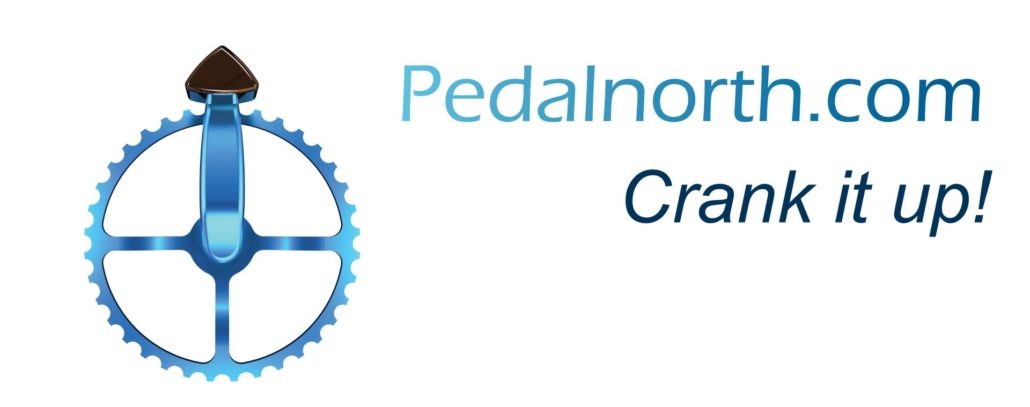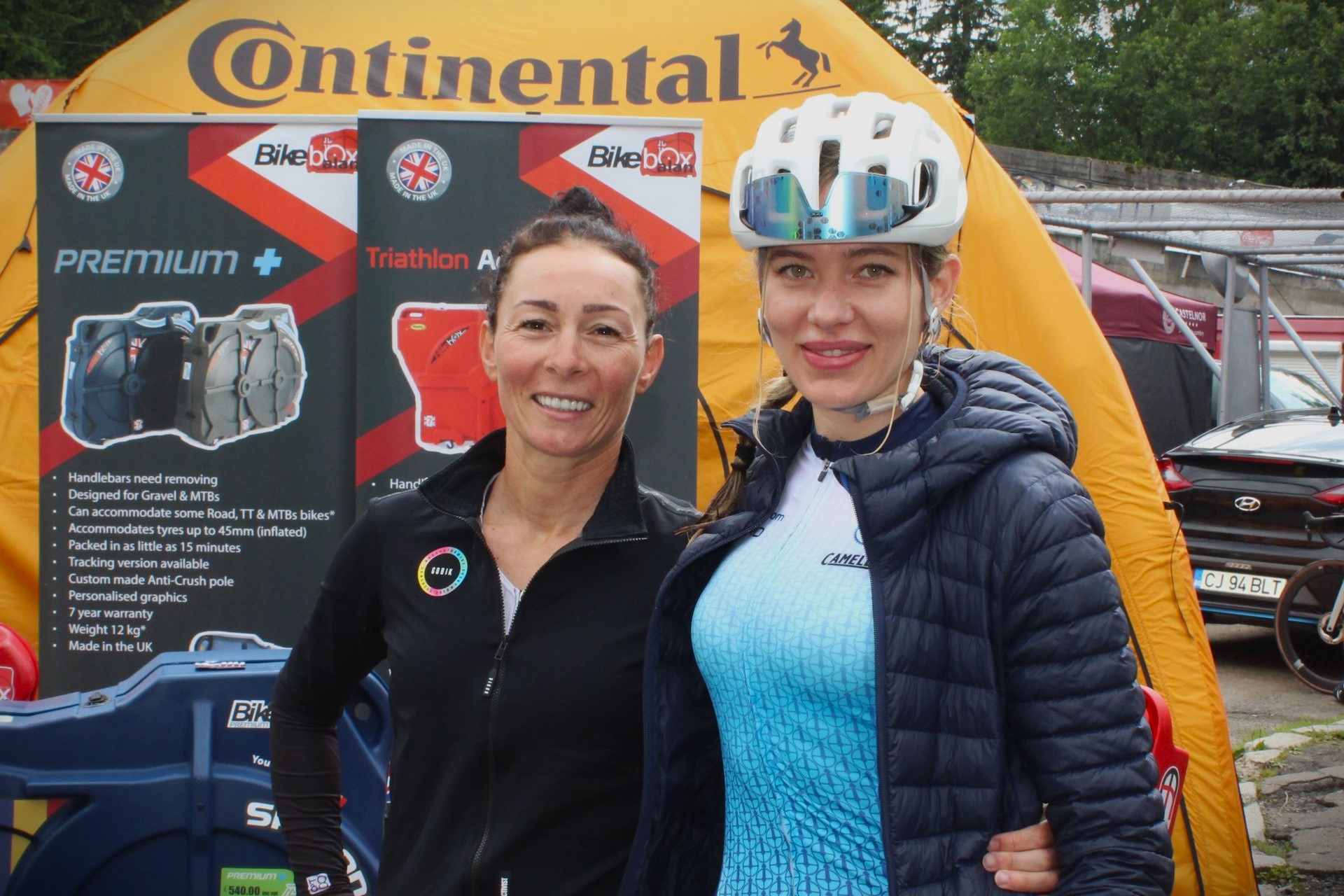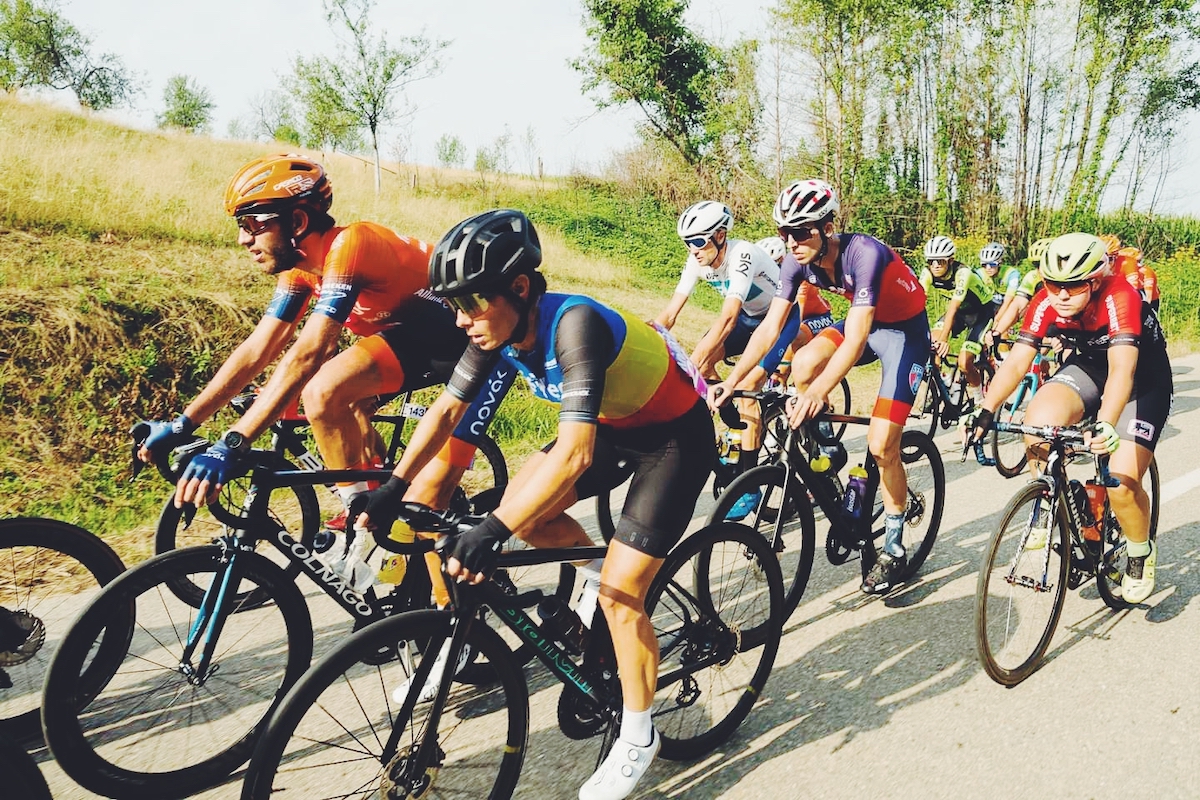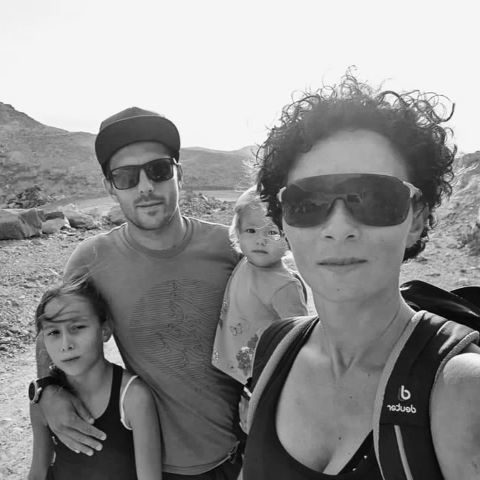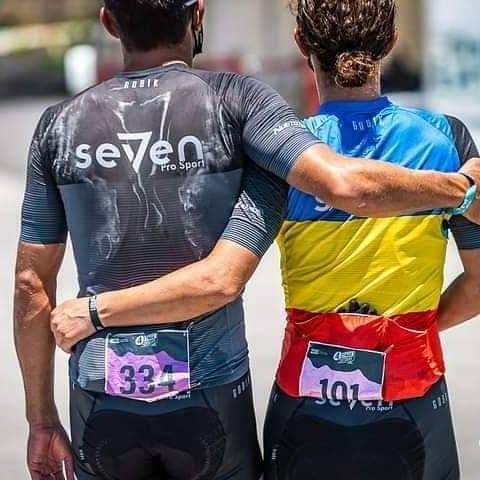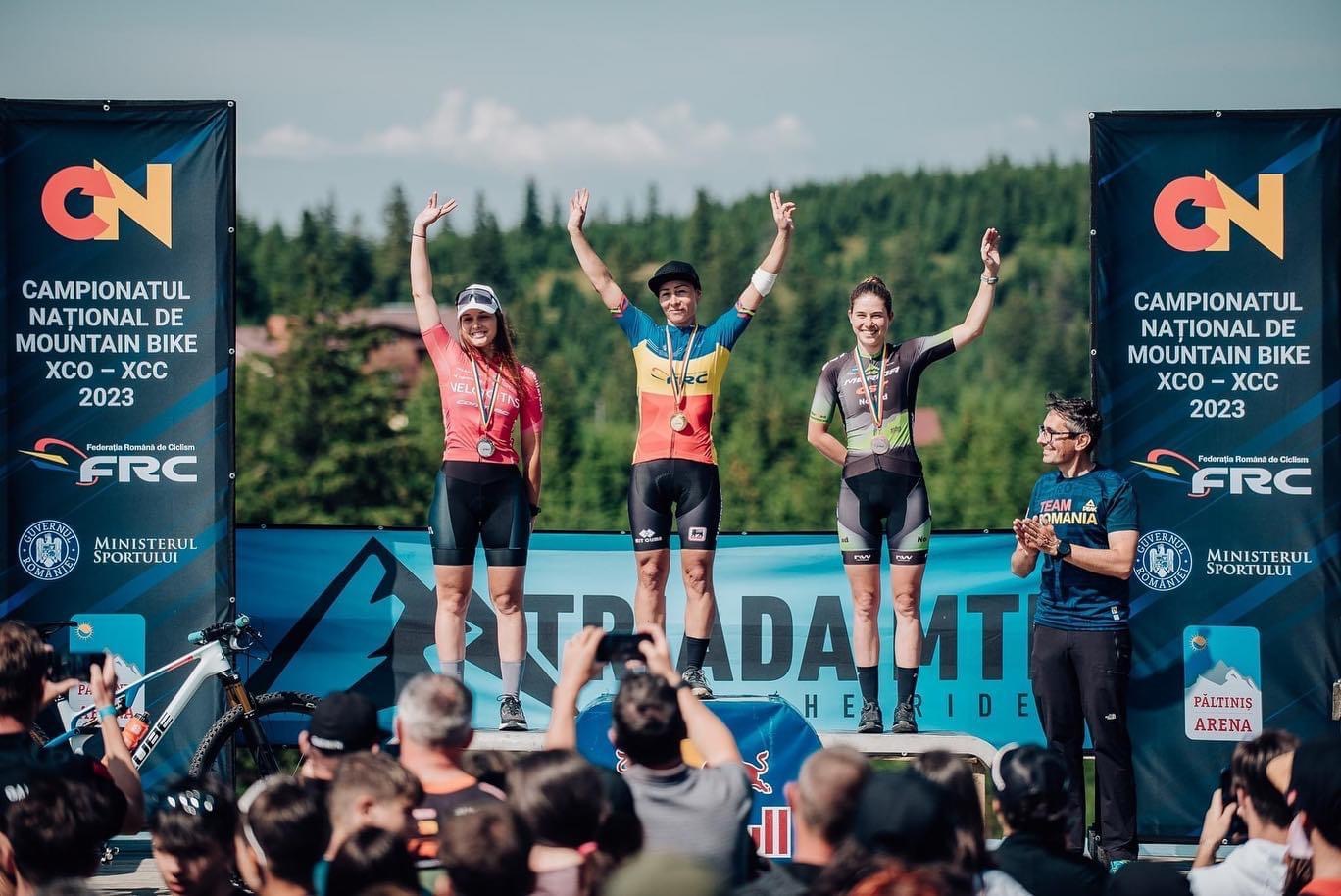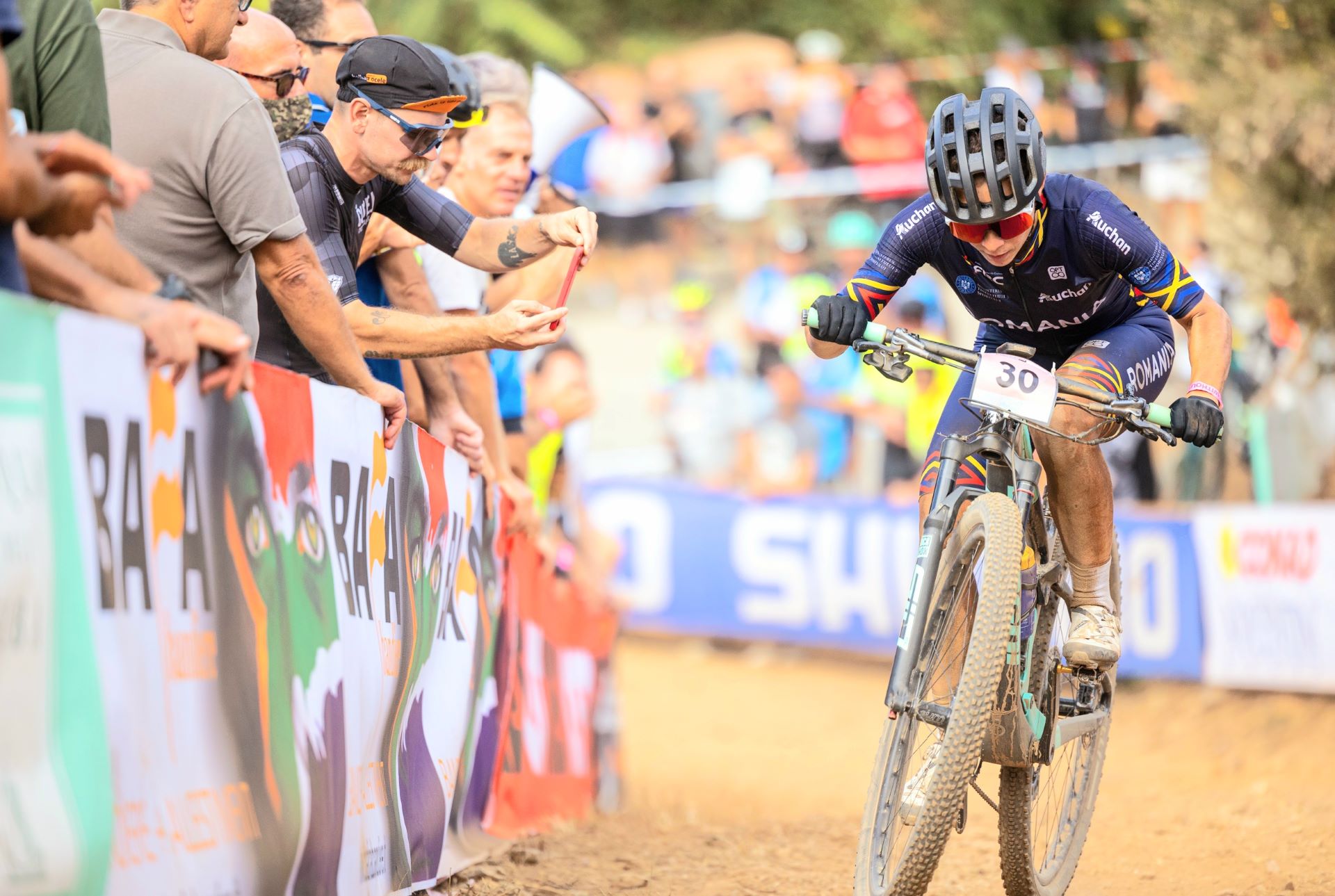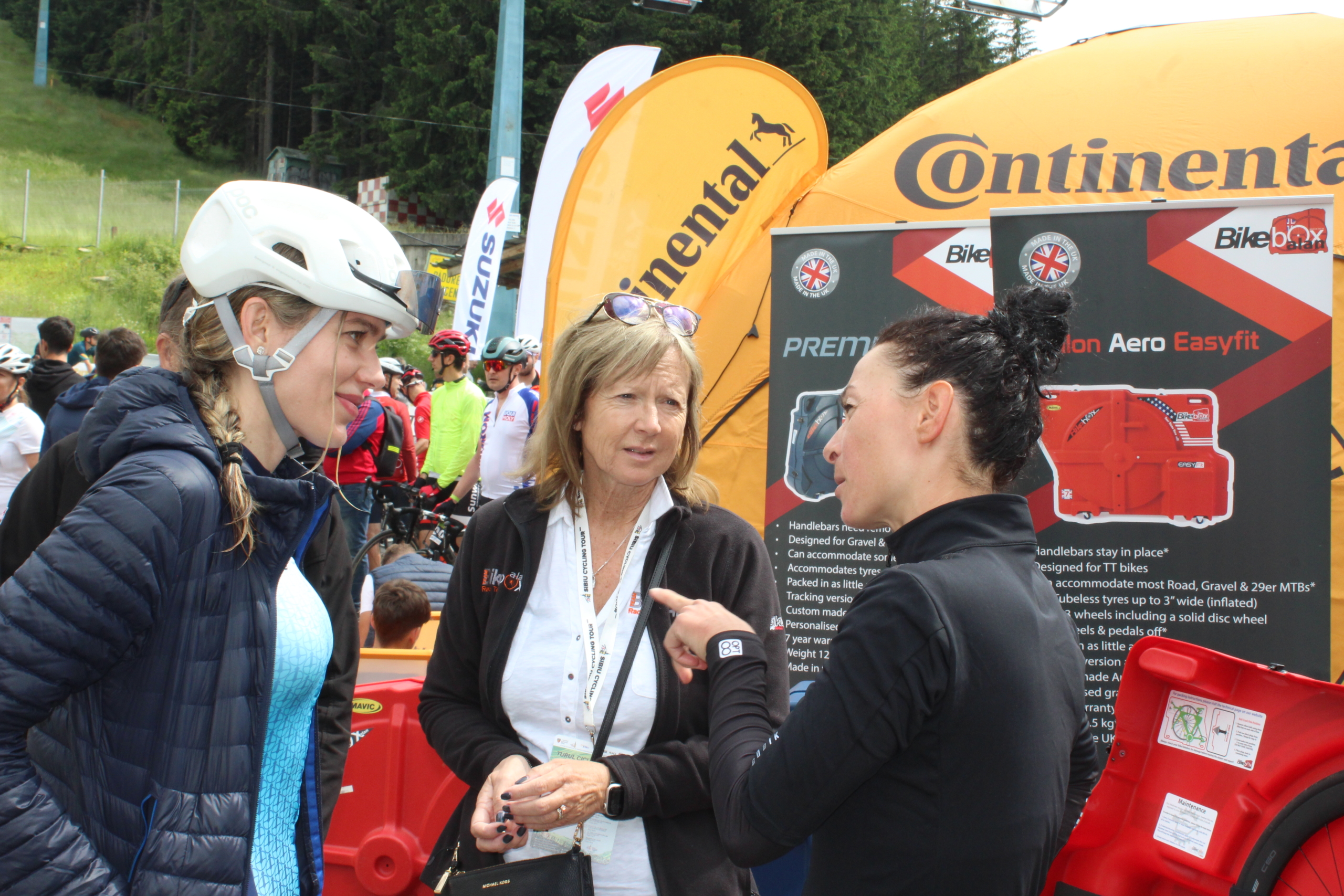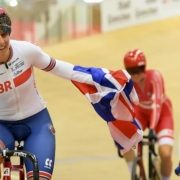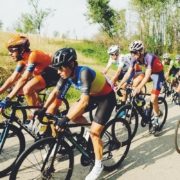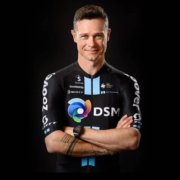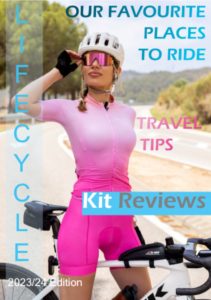Manuela Muresan – A woman who won’t stand still
Earlier this summer, we visited Transylvania in Romania, where Nadezhda happened to ride and win her category in 2 races – and bump into multi-disciplined Romanian National Champion Ela Muresan, who’d won the pro categories. This amazing woman has won several national titles in a wide variety of cycling genres, including road and mountain bike. She’s an inspiration to women across Romania, who are still fighting for better representation and support in cycling.
It seemed obvious then, that these two sporting ladies should sit down and talk about cycling, life and how the position of women in cycling is changing and still needs to change more – time then for the interview then, as these new friends chat 😉
A chat between new friends…
1. Being a mother and a professional athlete must require a significant support system. How do you manage to balance training, competing, and being present for your children’s lives?
Ela:
I divide my time so that I get to do everything on the schedule that day; Some days is demanding, you have to train hard and also be focused for the activities I have with the girls. I usually do the training when the girls are at school and kindergarten, this way we leave the afternoons for family time. During our time in Gran Canaria, we select races in such a way that I am not away for a long time, but while we are in Romania we plan for the important races (like National championships) and we only add the ones that are really interesting or my teams have them in their schedule.
2. Living in Gran Canaria, known for its diverse terrain and climate, how does the island’s environment contribute to your training routines and overall performance as a cyclist? What is your favorite route there?
Ela:
As you well said, Gran Canaria is an ideal place for cycling and training, both for the good weather and for the infrastructure offered! I am privileged in this sense; I have a favorite route, starts in Arguineguin and it climbs the most iconic mountain route on the Island (Soria). That route is also the fastest way to reach the climbs, but its very difficult to only love one climb there.
3. What is your favorite traditional Romanian dish, and have you been able to find it or recreate it here in Gran Canaria? Additionally, do you follow a strict diet or have any dietary preferences that you incorporate into your meals?
Ela:
haha! good question! I like many foods from Romania! I like soups a lot and I managed to find Romanian restaurants there too! But we are very easy going, we love the food that Canary Islands offer and rarely eat romanian dishes. Sea food is simply amazing and also some of the traditional food from there is good. I cant say im following some strict diet, I am carefull thou on the ammount of food I eat, I found this to be the most important aspect of dietary. We are pretty happy with rise and pasta, we love these things so youll find them on our weekly menu many times.
4. Can you share any insights or advice on overcoming setbacks or injuries in your career? How do you bounce back and regain your form after such challenges?
Ela:
Cycling is not an easy sport, crashes are happening and will not forgive anyone…it happened to me many times but I always get over it because I really like what I do. I feel free and happy on the bike in nature, I get a positive charge from there; I think the best way to get over a hard situation is to just use this time as a recovery time for the whole body. Even thou fitness is lost, you give (during a period while you heal from crashes) the body the chance to pause and rebuild it form. We also need that and, as a professional athlete, sometimes its hard to take easy times.
5. What role does mentorship or coaching play in your cycling journey? Have you had any influential mentors or coaches who have helped shape your career?
Ela:
I don’t think I would succeed without someone guiding me; I work according to the schedule, according to numbers, according to results, it is very important for me to have a guide! my mentor and coach is my husband; a perfect coach and support! he knows me well and we are a good team together. I see it mandatory, having someone to watch over your work, it create responsability and this way its easier to progress.
6. How do you approach the mental and emotional aspect of racing, particularly in high-pressure competitions like the Vuelta a España? Are there any strategies or techniques you use to stay focused and perform at your best?
Ela:
I don’t have a specific technique to relax from the stress and emotions that comes with a grand tour like the Vuelta Espana; but what we do is add more specific preparation before, we talk and build confidence in myself, positive and we always try to enter a race without fear or negative thinking! I focus on making every day go well, little steps and everything passes very quickly; In both my participations in Vuelta I was unlucky to crash the first days, so all the following race days I was suffering also from wounds, but in all this my mind was focused on completing the race. I enjoy these races maybe more than lots of the girls because I came really late into cycling and every oportunity is something special.
7. As a professional cyclist, you have become a role model for many aspiring athletes. How do you embrace this responsibility and what message would you like to convey to young girls who look up to you?
Ela:
I am happy to be a model for young female cyclists; I always advise them when we meet to be persistent, focused on this sport but also on school; we all know that any sport means discipline; whoever succeeds in this as early as possible, has a chance to reach exactly where they want; My message is also that they need to focus on a paralel carrer, I think its important to consider this. Cycling is an amazing path in life, but unfortunately its a very small number of people that will end up having a strong carrer. The rest of the athletes need to develop also the other side. Cycling is beautiful, but I think it should not be everything in someones life.
8. Have you encountered any specific gender-related challenges or biases in your career? If so, how have you navigated and overcome them? As a female road cyclist, what are some of the challenges you face in your sport?
Ela:
I never felt disadvantaged because I am a female cyclist and thats, mostly, because I understand that this is pretty new. Female cycling is under construction, every year we learn more and we develop. Theres more and more races, more chances and yes, it’s not always perfect, but this is growing and you have to look at it this way.
9. Looking back at your journey as a professional cyclist, what are some of the most memorable race and valuable lessons you have learned? Are there any moments or experiences that have shaped your perspective on the sport?
Ela:
I learned and am still learning so much! every race offers you new situations, new experiences and challenges!
in Vuelta 2023 in stage 2 I had such an unlucky day! A crash in the peloton, right in front of me happened, I went down also and bent my handlebars and left me without brakes; I didn’t know this and in my agony to catch the group again I actually crashed again and had the feeling that everything ended there and I wouldn’t be able to complete this great tour; I managed to finish that stage, terribly difficult; over time I learned not to listen to my thoughts at all in races and to give as much as I can.
I have many great moments, I love racing MTB Stage races and also taking part in World or European Championships is simply amazing.
10. How has your experience as a professional cyclist evolved and changed as you approach your 40s? Has age presented any unique challenges or advantages in your career?
Ela:
That is a good question! We also talk sometimes about it, because I am close to 40 but theres still a lot of love for this sport. I dont feel like I have to retire, theres no pressure from any dirrection and its amazing to be able to ride with young girls and maybe motivate them, its something rewarding.
So far everything has been good; I think that age helps me a lot in endurance races so I will still go on for a while. (at least until my girls will start to beat me up in races)
11. What motivated you to compete in the sport of cycling? Why did you choose cycling as your preferred sport?
Ela:
I started very late, we were very involved with our business and every day was simply routine. We started by buying 2 very heavy bikes and went for some short rides. I crashed the first day and my husband though that it will be the end, but I really liked it! I was a total beginner, I grew gradually, year by year; I never had unrealistic expectations… We chose cycling because he did some races as a young man and still had some passion for it.
12. Looking back at your cycling career, what would you consider your most significant achievement or proudest moment?
Ela:
I think riding side by side in Vuelta Espana or the World Championships with the biggest stars in this sport is someting that I am proud of!
Also winning my first Elite national championships was something special. But the whole journey was beautiful and packed with great moments.
13. Have you noticed an increase in the number of women embracing cycling since you started? If so, how do you feel about this positive trend?
Ela:
Theres a growing trend! We defenetelly see it globaly and I love that. The fact that big races in the last years have made changes to the ladies side, adding number of extra days to the races or simply just adding a Famele race, its a very possitive sign. On the other side, in Romania things are going very very slow. Cycling still remains a niche sport, roads are not very safe and kids are not always encouraged to get out on a bike. I hope this will change in the near future.
14. What are your goals and objectives for the current and upcoming year as a cyclist?
Ela:
For this year I plan to ride the World MTB Marathon Championships and hopefully get there a good position at the end of the race.
My goal is to defend MTB national Marathon title, in september and I also plan to do some fun races in our country before we head back to GC.
As for 2024, I would definitely love to ride again a big tour, probably a few UCI MTB stage races and the Nationals in different disciplines. I also look forward to riding more with my daughter, inspiring her to dream big.
15. Can you provide some insight into your training routine? How many hours do you train per week, and how many times a day? Do you incorporate gym workouts into your training?
Ela:
Theres two ways we prepare and train during a year. We have the time in Gran Canaria and around middle of November we start to ride and just build a base. that will go until the end of January, thats when we start racing and we add more intense training sessions. By April and May we already have a great form and we will try to maintain that during the summer while we ride in Europe and Romania. While in Gran Canaria I ride from 15 to 25 hours a week, depending on where exactly I am in the training plan, but we drop the numbers while we race so we can recover. Yes, we also do core training and lots and lots of streching.
16. Do you have a favorite quote or mantra that keeps you motivated and determined in your cycling journey? If so, what is it?
Ela:
Something like *I will never give up* will show up many times in my head, while you fight with yourself and circumstances. 🙂
Nadezhda & Ela post-race, talking with Wendy Hamshaw from Bike Box Alan
